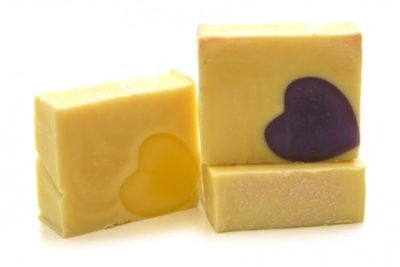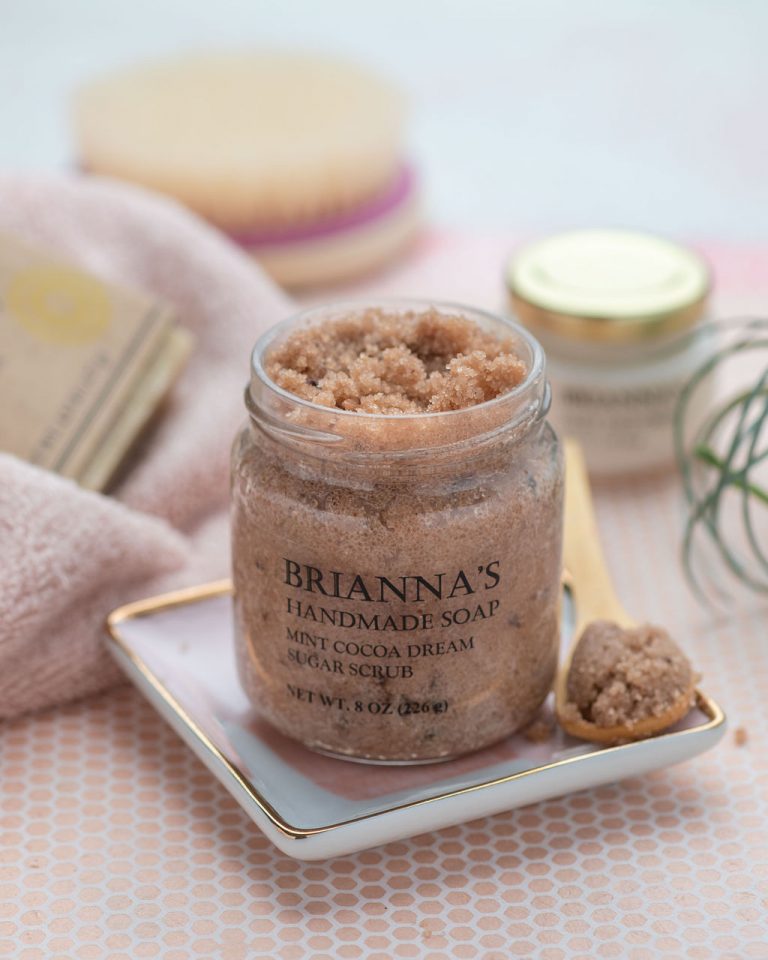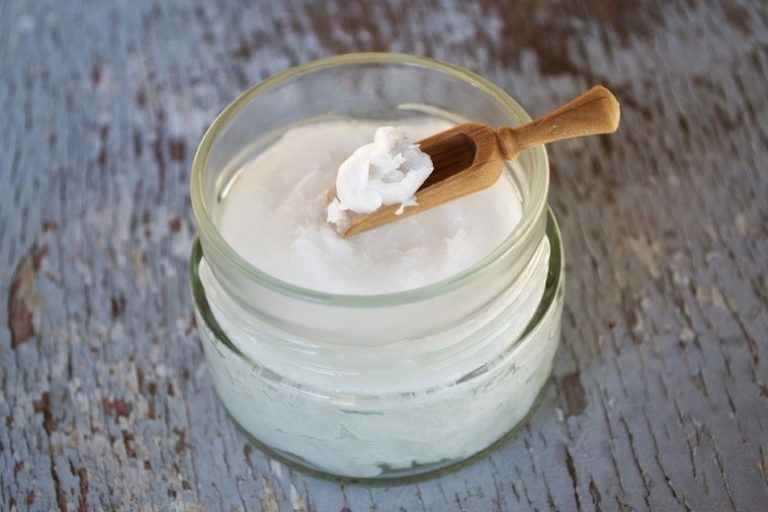Eczema – What Is It and What Causes It?
I hear from many people looking for natural and cruelty-free skin care products who are dealing with eczema. This skin condition features dry, red, and itchy patches that leads to sores, blisters, and peeling. In researching this condition, I’ve found that is very wide spread. There is also no “cure”, however, there are ways to manage this condition.
What is Eczema?
As mentioned before, this skin condition causes itchy, dry patches that result in sores, blisters, and peeling. The National Eczema Association states that eczema affects more than 30 million Americans. The signs of this condition begin to show during childhood, mostly on the chin, knees, elbows, or cheeks and they tend to alleviate as time goes on. However, some people develop it as adults and live with these painful and itchy symptoms.
Narrowing down the causes is a little difficult because there are different forms of this condition. What researchers do know is that the most common kind of eczema is atopic dermatitis (AD), and it is usually passed down through family members. There are three conditions linked to each other: AD, hay fever, and asthma. This means if these conditions run in your family, there is a chance for you to develop AD.
What Causes Eczema?
At the moment, doctors do not know the exact cause of eczema. However, researchers have come up with analysis showing specific genes that are involved in forming eczema.
Those affected by eczema have over-reactive immune systems. When triggered by any substances internally or externally, it responds by causing inflammation. This inflammation causes the skin to get itchy, painful, and red which is the most common symptom of eczema.
Recently, researchers have found that those who have eczema have a gene mutation that prevents the body from creating a sufficient amount of filaggrin. Filaggrin is a protein that aids in shaping skin cells and is helpful to our skin’s barrier function. When deficient in filaggrin, people can develop eczema, where skin cells tend to build up on the surface and don’t naturally shed leaving scaly looking patches of skin.
Eczema is not a contagious skin infection. If you come into contact with an affected individual, there is no chance of it passing to you. In addition, children are more prone to eczema, especially those living in areas where there is more pollution or cold climates.
Different Types
Apart from AD, these are some less common types:
- Dyshidrotic eczema– blisters on your feet and hands triggered by allergies, damp hands and feet, and stress
- Neurodermatitis– identified by the thick, rough, and dry patches of skin exacerbated by bug bites or stress
- Contact dermatitis– produced because of harsh/irritating substances like detergents, skin care products, and harsh chemicals
- Nummular eczema– classified by the itchy, small spots caused by bug bites, inflammation, or dry winter skin
What Can Help
While there is currently no cure, there are some known ways to alleviate symptoms and minimize breakouts. Here are some things that you can do:
- Use soap and skin care products that do not contain detergents or synthetic fragrances as these can both irritate and dry out skin.
- Avoid typical allergens (dust mites, pollen, pet dander)
- Avoid hot and long showers. Keep your showers luke warm and short in order to retain moisture and your natural skin oils. Moisturize your skin as soon as you have finished.
- Try your best to avoid stress as this can be a trigger. Exercise and meditation are excellent stress relievers.
- Wear soft and comfortable clothing as irritating and scratchy fabrics can exacerbate symptoms.






